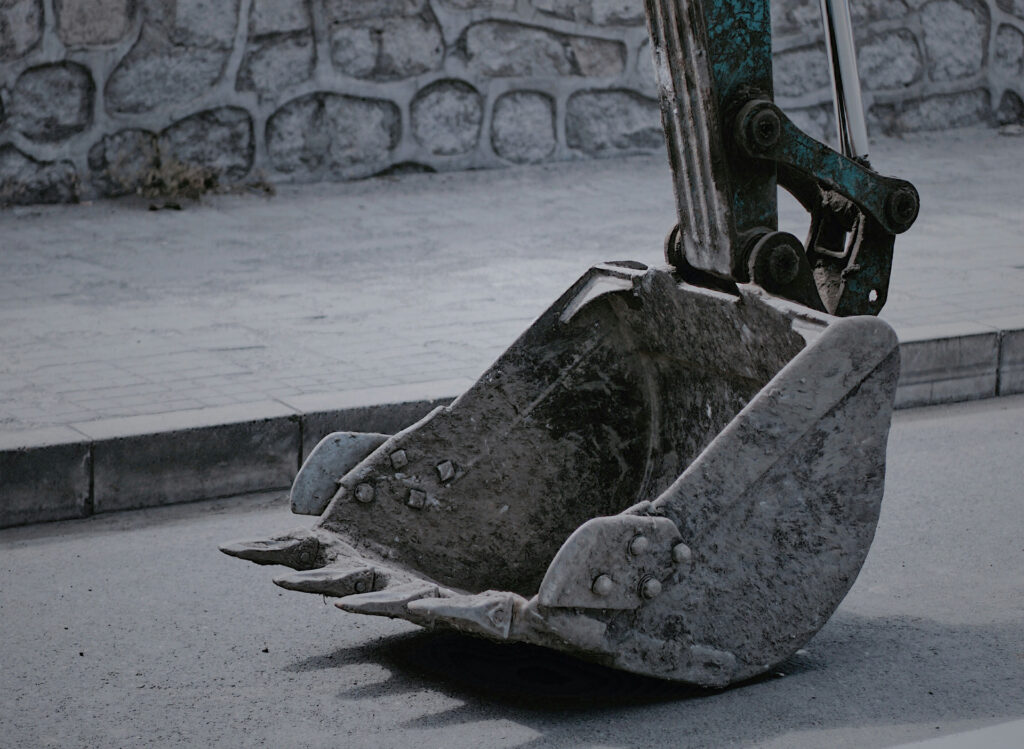
It’s mid-2020, and Nigeria’s transportation projects feel like they are balancing on a tightrope. Some road sites are active, others sit idle. Asphalt plants are running shorter hours. Borders are closed, shipping is uncertain, and every week the cost of steel reinforcement seems to shift again.
Road construction has never been simple, with weather, funding, and logistics always playing a role. But right now it feels like every part of the system is under pressure at the same time.
Materials are a moving target
For road projects, cement and bitumen are the backbone. Cement is produced locally, but moving it across states under restrictions is slower and more expensive. Bitumen, often imported, is even trickier because shipments are delayed and contractors do not know when the next batch will land.
Reinforcement steel for bridges and culverts is another uncertainty. Every procurement call feels like guesswork, with prices climbing and availability shrinking. Schedules that were set in January already look unrealistic by June.
Sites do not look the same anymore
Standing at a road construction site today, you will see something new: hand-washing points next to excavators, temperature checks before workers sign in, and smaller crews spaced out along stretches of road. A drainage section that once took two days might take four now, simply because fewer workers can be on-site together.
Curfews also mean less night work. Asphalt paving, which is usually done at night to avoid traffic, is harder to schedule. Engineers are rethinking how much can be paved in a single shift, knowing crews have to clear out before movement restrictions kick in.
Improvising to keep projects alive
Despite all this, roads still have to move forward. Contractors are leaning harder on local suppliers for aggregates and fill material, since inter-state transport is uncertain. Culvert installations are being resequenced so drainage work continues while we wait for delayed steel.
If one part of the plan stalls, engineers are reshuffling tasks just to keep momentum. It is not perfect, but it is what keeps projects from standing still.
Honest conversations
Right now, the most valuable equipment on a road project is not the grader or the paver, it is communication. Clients want straight answers: What is holding us up this week? What is still possible with the materials on site? Which sections can be handed over in parts?
We do not have certainty, but we can be clear. Weekly calls, site photos, and simple updates are keeping trust alive.
Where this leaves us
No one knows how long this will last. Maybe projects bounce back in months, maybe years. But what is already clear is that resilience in transportation construction is not just about concrete strength or pavement design. It is about flexibility, shifting tasks, leaning on local resources, keeping crews safe, and staying transparent with clients.
In Nigeria, where the infrastructure deficit is already so wide, we cannot afford to stop building roads. The challenge in 2020 is figuring out how to keep them moving, even when everything else feels uncertain.
